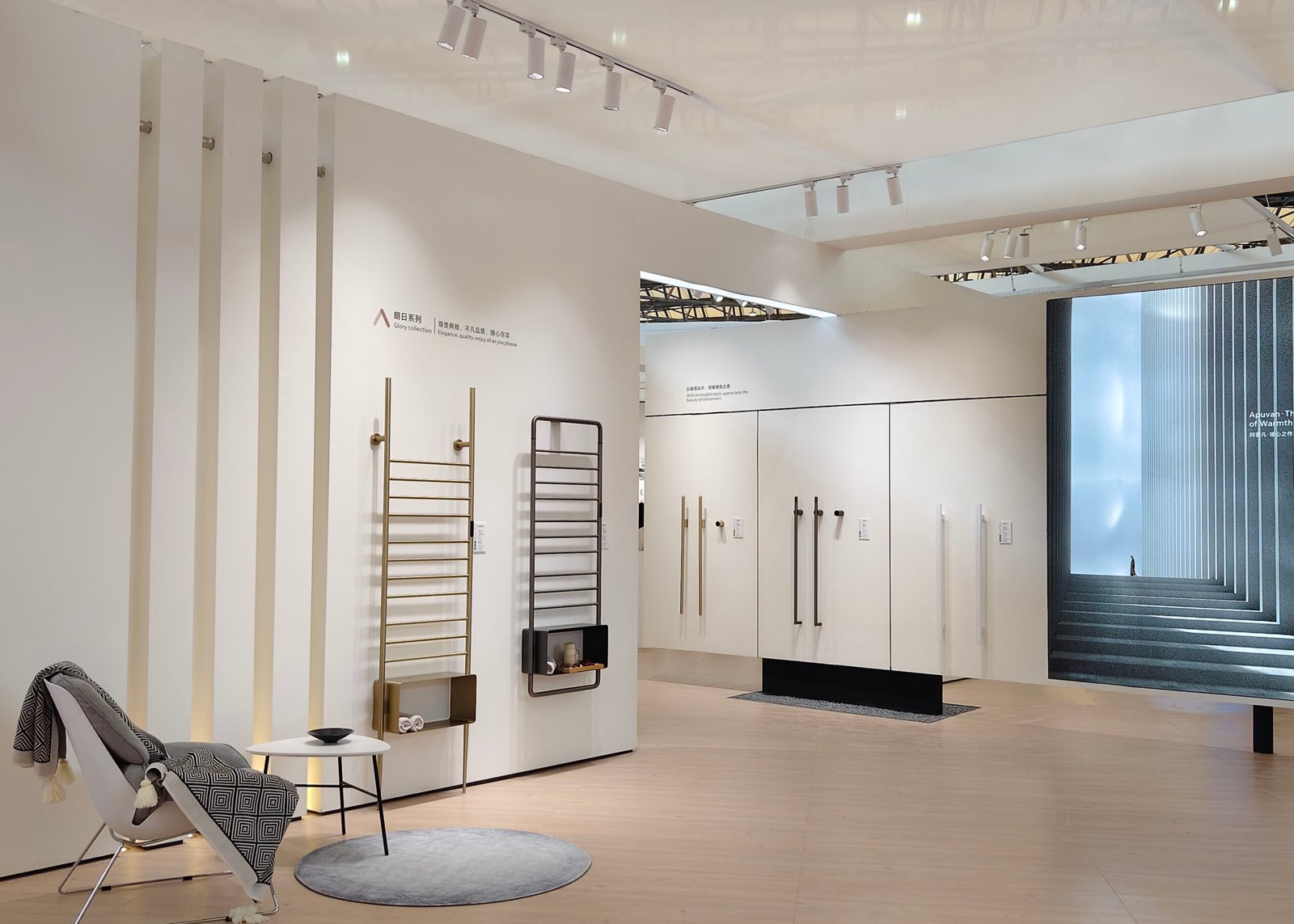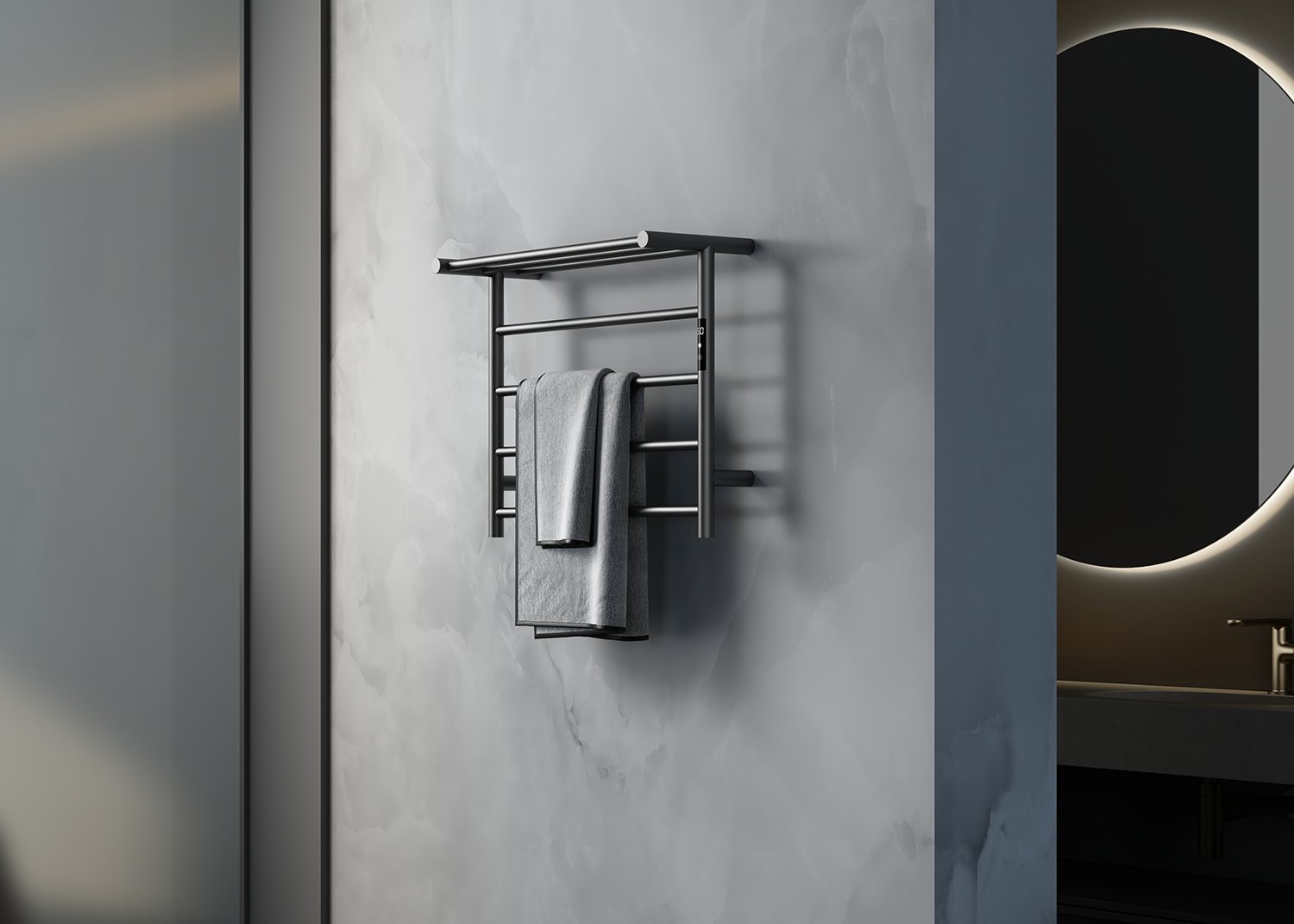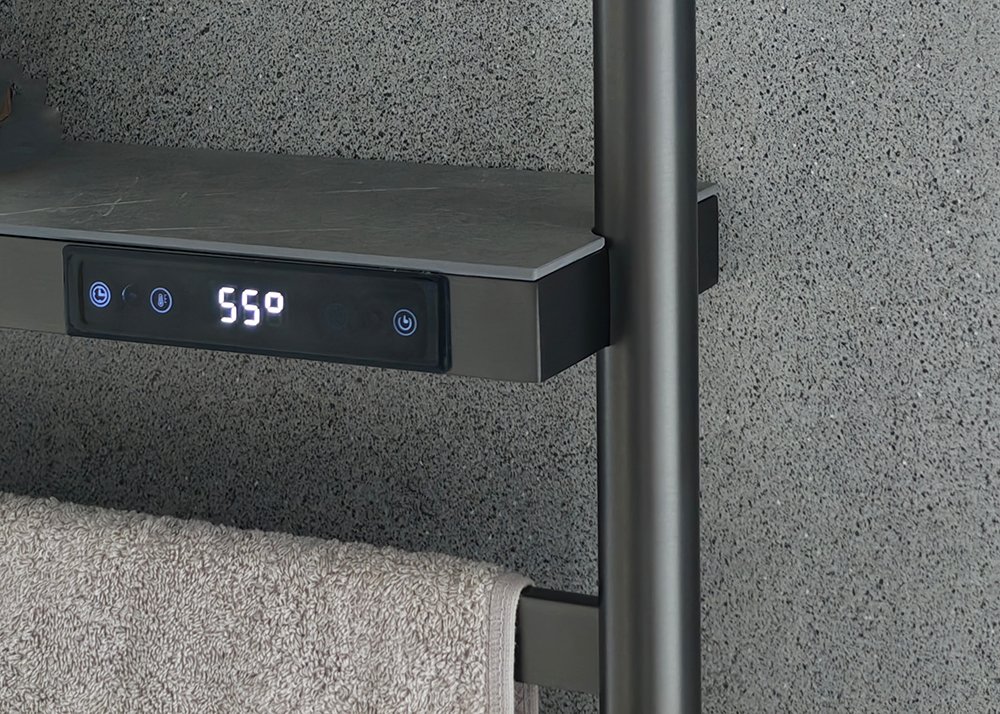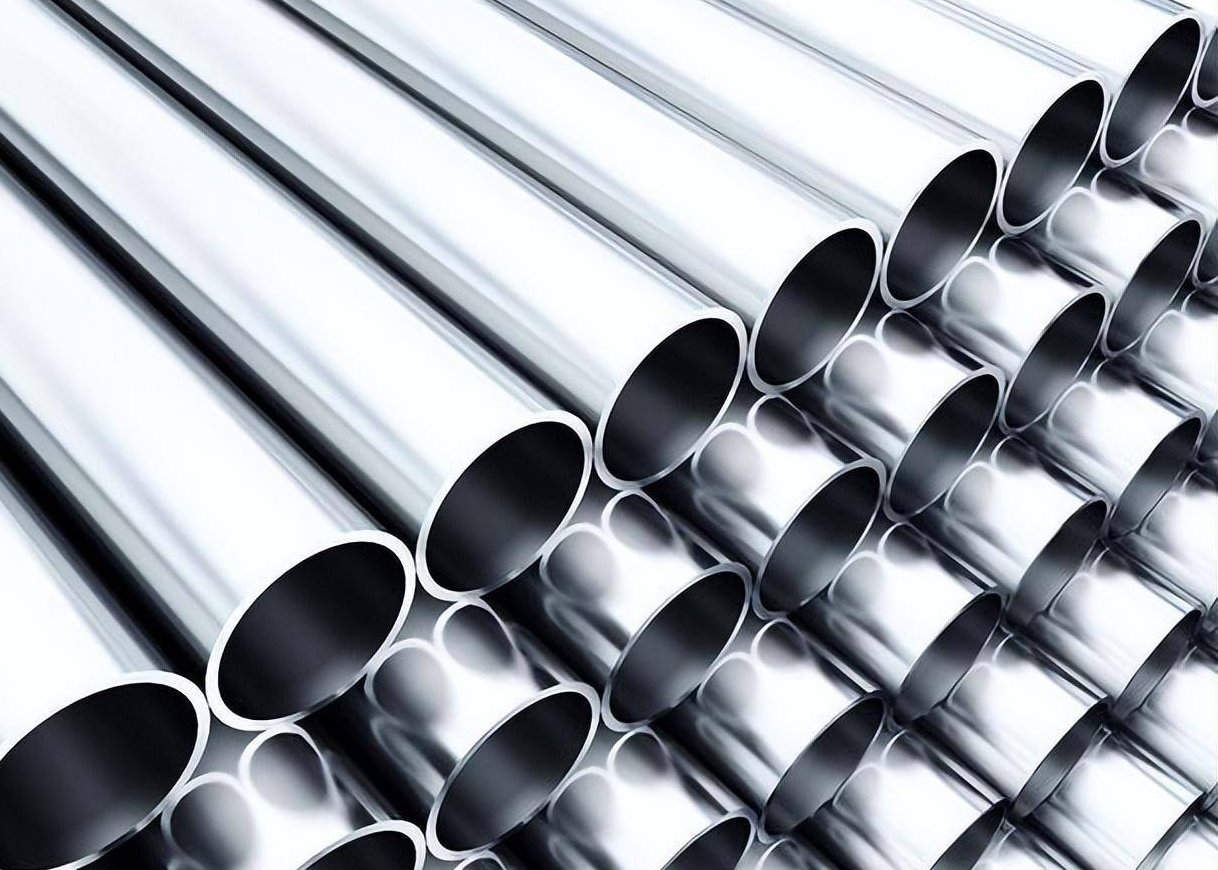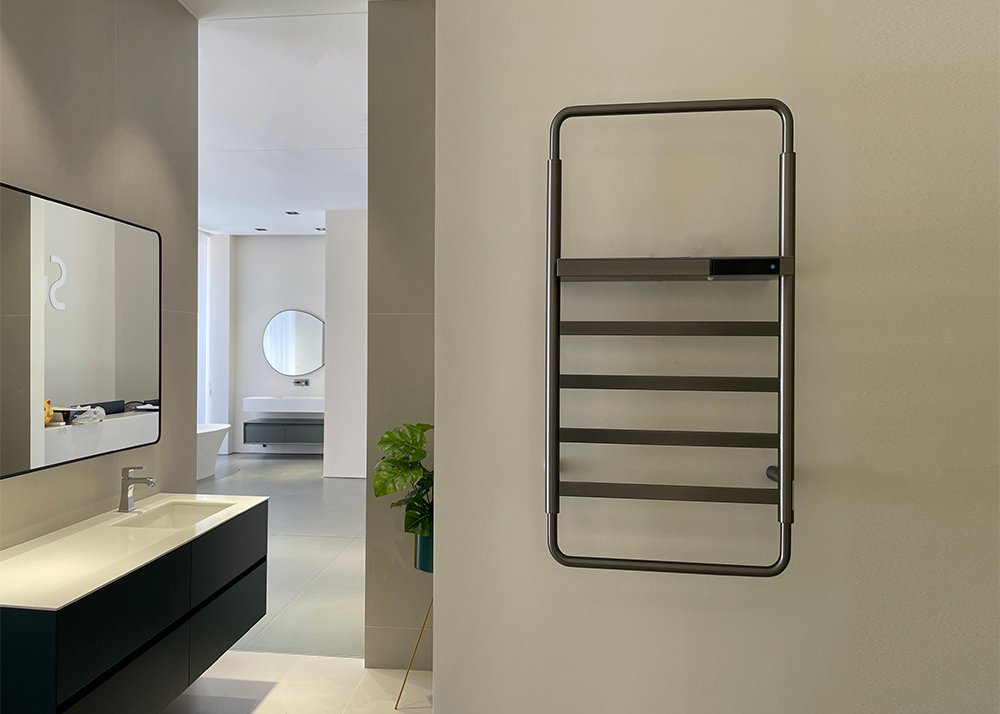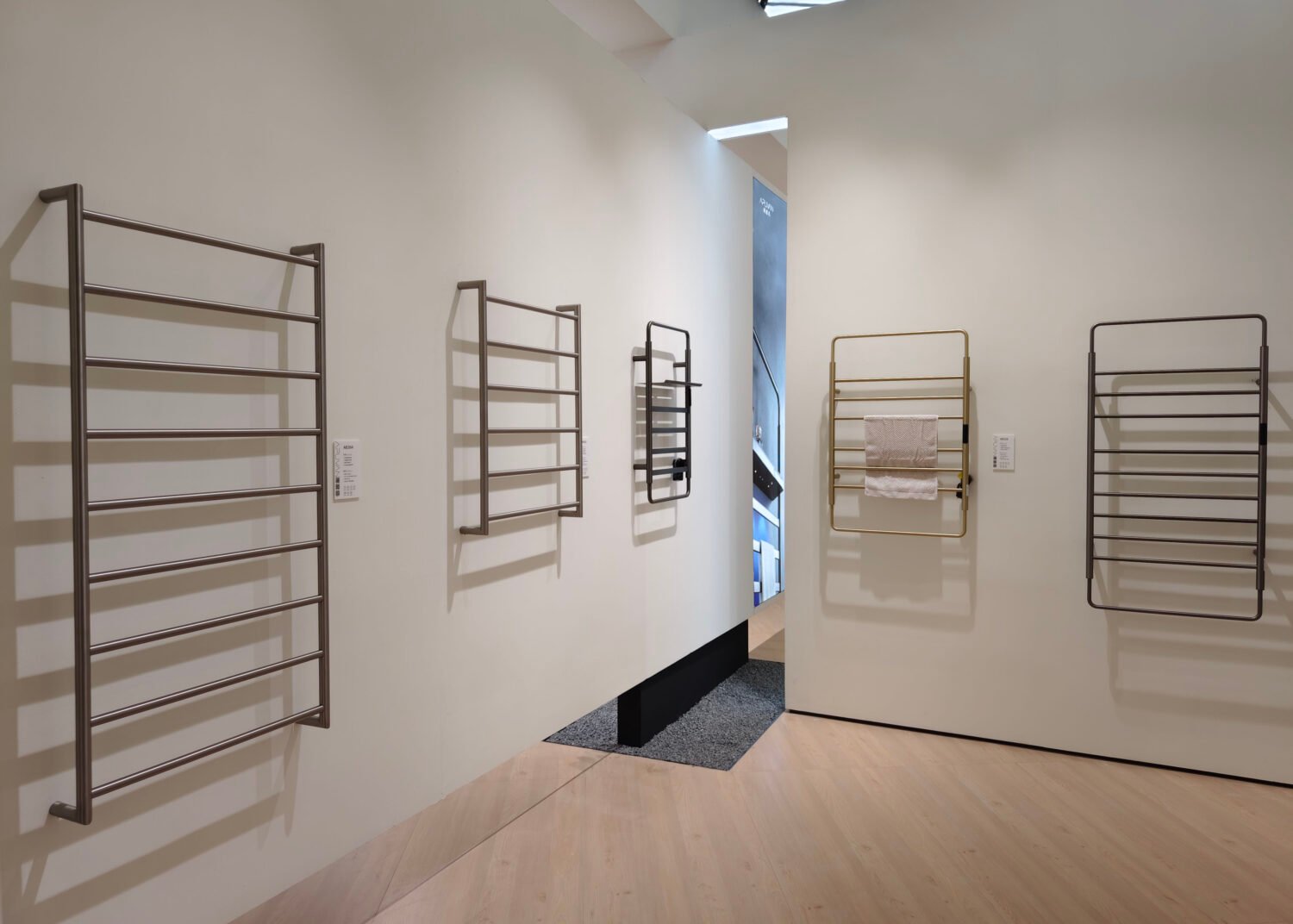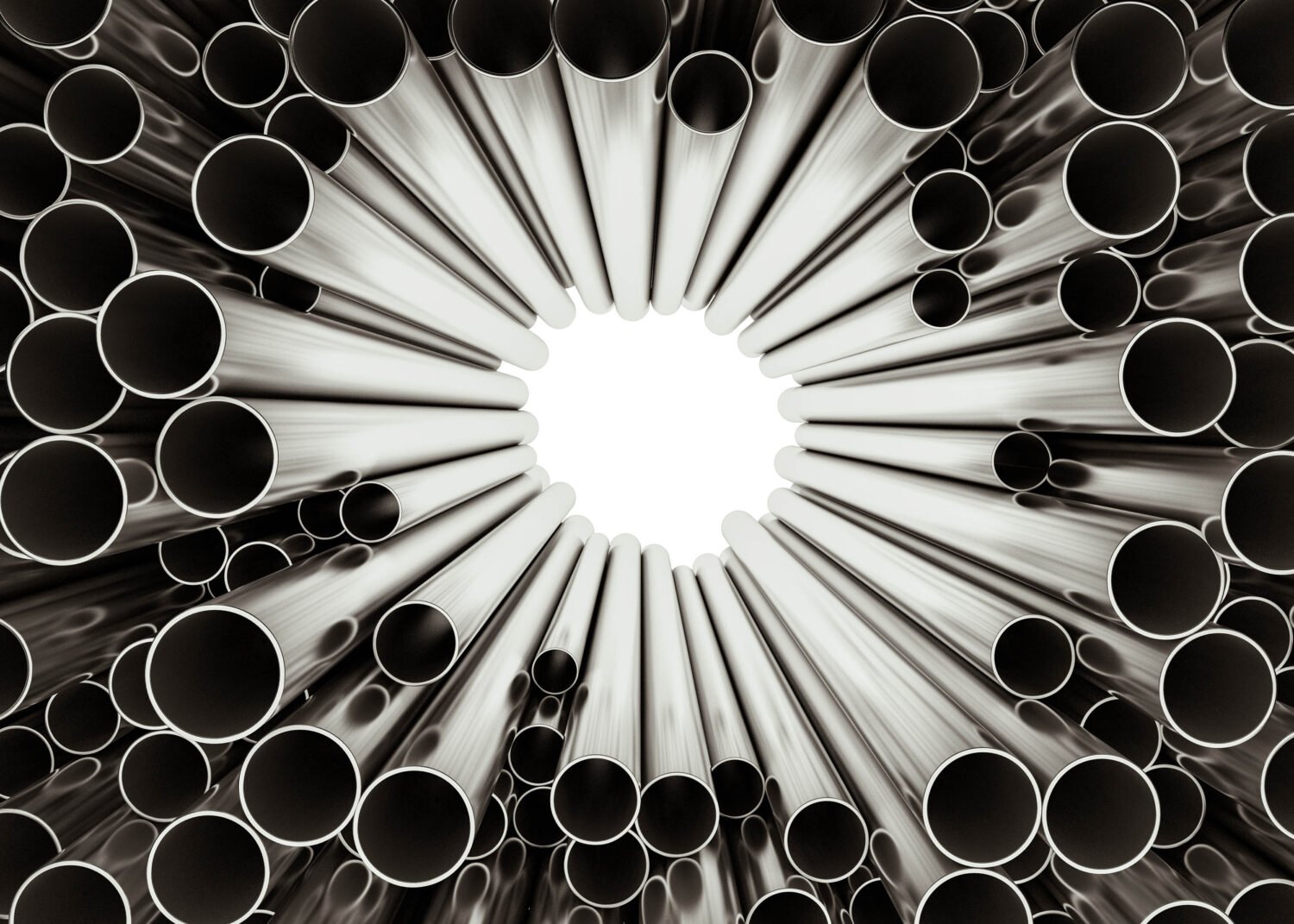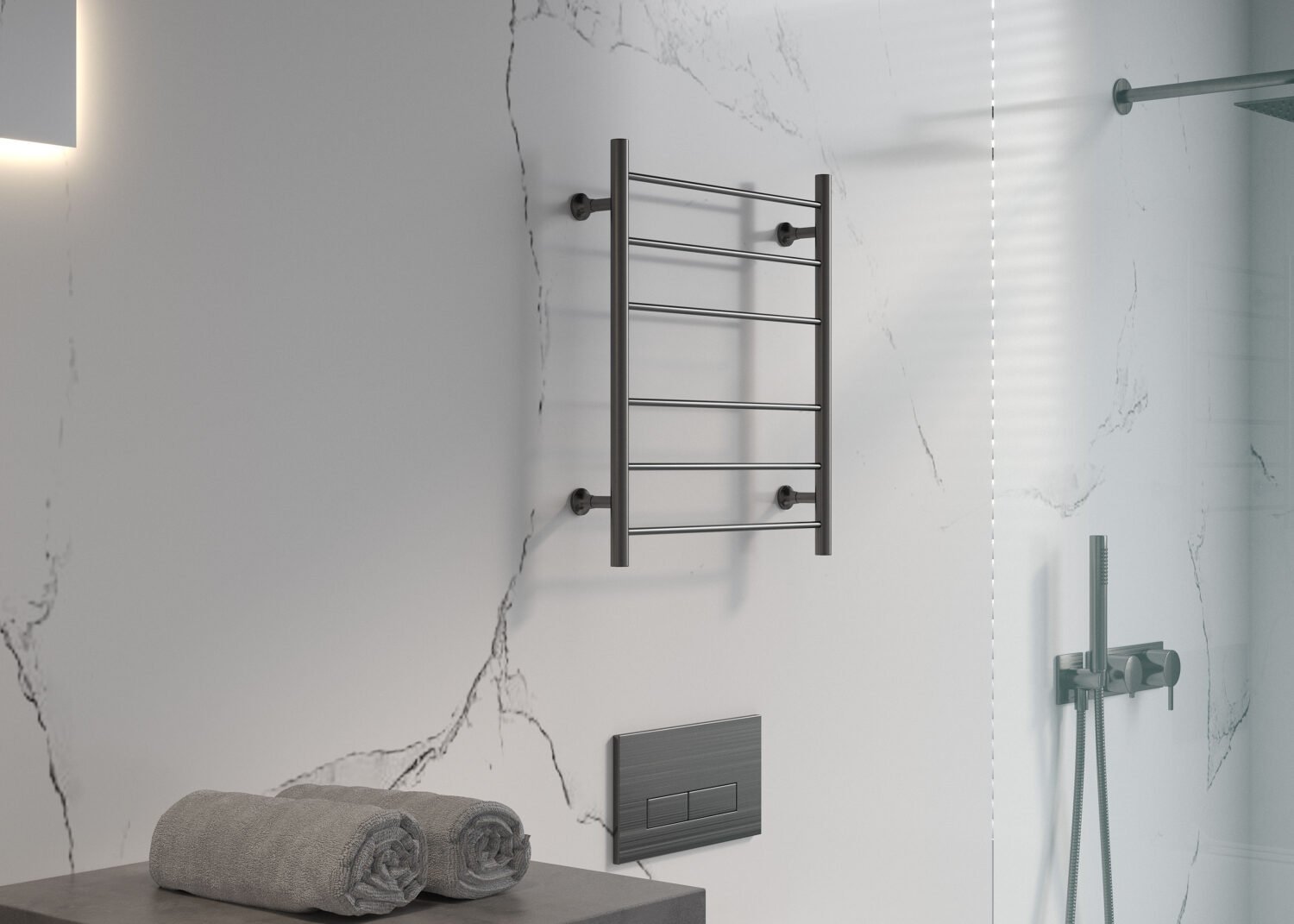Panoramica dell'industria manifatturiera cinese
L'industria manifatturiera cinese ha subito una trasformazione significativa negli ultimi decenni, affermandosi come una potenza produttiva globale. Da origini modeste, il settore si è espanso fino a comprendere un'ampia gamma di industrie, con asciugamano riscaldatola produzione di il è un segmento notevole. L'ascesa della Cina è stata favorita da diversi fattori, tra cui le risorse lavorative, i progressi tecnologici e le solide infrastrutture.
Uno degli aspetti più vantaggiosi del settore manifatturiero cinese è l'abbondanza di manodopera. Il Paese vanta un'ampia forza lavoro, che consente ai produttori di accedere a manodopera qualificata e non qualificata a prezzi competitivi. Questa disponibilità di manodopera ha permesso ai produttori di raggiungere elevati volumi di produzione in modo efficiente, soddisfacendo così la domanda internazionale di prodotti quali scaldasalviette.

Oltre alle dinamiche favorevoli della manodopera, la tecnologia svolge un ruolo cruciale nell'evoluzione del panorama produttivo cinese. Nel corso degli anni, Produttori cinesi hanno adottato sempre più spesso pratiche innovative e tecniche di produzione avanzate, che migliorano ulteriormente la produttività e la qualità dei prodotti. Gli investimenti in ricerca e sviluppo hanno permesso alle aziende locali di creare prodotti sofisticati in grado di competere su scala globale.
L'infrastruttura in La Cina è anche un fattore critico per la sua produzione. successo. Le vaste reti di trasporto, tra cui autostrade, ferrovie e porti, facilitano la movimentazione efficiente delle merci. Questa efficienza logistica riduce i tempi di consegna e garantisce la puntualità delle consegne, che è particolarmente essenziale per soddisfare le richieste del mercato globale per prodotti come scaldasalviette. Inoltre, il governo ha sostenuto il miglioramento delle infrastrutture come parte della sua più ampia strategia economica.
L'impatto economico del settore manifatturiero sulla crescita della Cina non può essere sopravvalutato. Questo settore è stato un importante motore di sviluppo economico, contribuendo alla creazione di posti di lavoro e all'aumento dei ricavi da esportazione. La capacità dei produttori di fornire prodotti di alta qualità a costi inferiori ha posizionato la Cina come un attore chiave nella catena di approvvigionamento globale, rendendola una destinazione preferita per le aziende che cercano di rifornirsi di vari prodotti manifatturieri.
Innovazioni tecnologiche nei portasciugamani riscaldati
Il scaldasalviette L'industria cinese ha subito una trasformazione significativa, guidata principalmente dalle innovazioni tecnologiche. I produttori cinesi hanno investito molto in ricerca e sviluppo per integrare caratteristiche avanzate che migliorano sia la funzionalità che l'esperienza dell'utente. Un progresso notevole è l'implementazione di controlli digitali, che consentono agli utenti di regolare con precisione le impostazioni della temperatura in base alle loro preferenze. Questa caratteristica non solo migliora il comfort dell'utente, ma promuove anche l'efficienza energetica, un aspetto sempre più importante nell'attuale mercato eco-consapevole.
Un altro aspetto dell'innovazione nel settore degli scaldasalviette è l'uso di materiali e design ad alta efficienza energetica. I produttori stanno adottando materiali leggeri e durevoli, come i materiali di alta qualità acciaio inox e alluminio, che non solo riducono il peso complessivo dei prodotti, ma ne migliorano anche la conducibilità termica. Ciò garantisce tempi di riscaldamento più rapidi e capacità di asciugatura più efficaci, attirando così l'attenzione dei consumatori che apprezzano le prestazioni oltre all'estetica.
Inoltre, l'integrazione della tecnologia intelligente negli scaldasalviette segna un significativo passo avanti. Molti di questi prodotti offrono ora la connettività attraverso le applicazioni per smartphone, consentendo agli utenti di controllare i propri apparecchi. portasciugamani a distanza. Alcuni modelli avanzati vantano anche funzioni di programmazione e di monitoraggio del consumo energetico, contribuendo a uno stile di vita più sostenibile. Oltre a questi miglioramenti, la sicurezza rimane una priorità assoluta; i produttori stanno implementando funzioni come la protezione dalle sovratemperature per evitare il surriscaldamento, garantendo che la sicurezza dell'utente non sia mai compromessa.
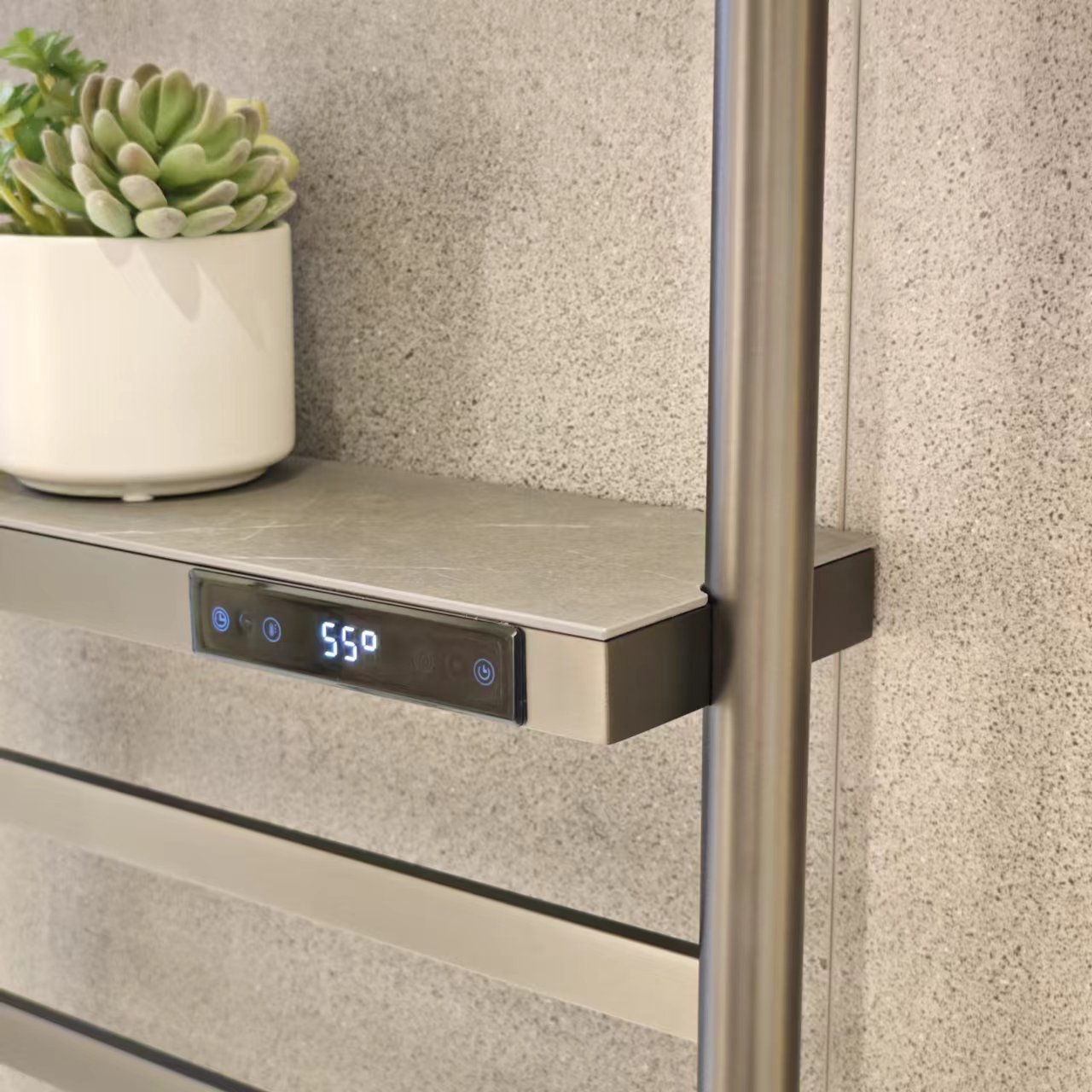
Queste innovazioni hanno posizionato gli scaldasalviette cinesi come forti concorrenti nei mercati internazionali. Concentrandosi su design unici, maggiore efficienza e funzionalità aggiunte, i marchi cinesi stanno definendo nuovi parametri di riferimento che si rivolgono a un'ampia gamma di consumatori in tutto il mondo. Grazie a continui miglioramenti e adattamenti, stanno ridefinendo gli standard di usabilità, prestazioni e stile nel settore degli scaldasalviette.
Controllo di qualità e standard nella produzione
Il controllo della qualità è un aspetto critico della produzione, in particolare nella produzione di scaldasalviette, dove la durata e l'affidabilità sono fondamentali per la soddisfazione dei consumatori. I produttori cinesi hanno adottato misure di controllo della qualità sempre più severe per garantire che i loro prodotti soddisfino gli standard nazionali e internazionali. Questo impegno per la qualità si riflette nelle numerose certificazioni che i produttori perseguono, tra cui ISO 9001, CE e RoHS, che indicano l'adesione alle linee guida stabilite per la gestione della qualità e la sicurezza ambientale.
I produttori cinesi utilizzano in genere una combinazione di tecniche di produzione avanzate e solidi protocolli di collaudo. Questi processi iniziano con la selezione di materie prime di alta qualità, essenziali per la longevità degli scaldasalviette. Una volta ottenuti i componenti, vengono utilizzati metodi di assemblaggio meticolosi per ridurre al minimo i difetti. I macchinari automatizzati svolgono un ruolo importante nel garantire la precisione, mentre la manodopera specializzata supervisiona le varie fasi del processo produttivo per mantenere gli standard di qualità.
Inoltre, i produttori attuano procedure di test complete per valutare le prestazioni e la sicurezza degli scaldasalviette. I test possono includere valutazioni della sicurezza elettrica, del controllo della temperatura e dell'impermeabilità. Queste rigorose valutazioni non solo sono conformi agli standard internazionali, ma rafforzano anche la fiducia dei consumatori nell'affidabilità dei prodotti provenienti dalla Cina. L'incorporazione positiva di misure di garanzia della qualità ha contribuito a mitigare le preoccupazioni relative alla reputazione dei prodotti cinesi, favorendo una percezione più favorevole nei mercati globali.
Di conseguenza, l'allineamento agli standard di qualità internazionali ha rafforzato la competitività delle imprese cinesi. Produttori di scaldasalviette. Questa dedizione al controllo della qualità non solo sostiene la crescente domanda di scaldasalviette in tutto il mondo, ma influenza anche le dinamiche dei prezzi in un mercato competitivo. I consumatori possono ora avere la certezza che i prodotti con l'etichetta "Made in China" sono sinonimo di qualità e affidabilità, ridisegnando il panorama del mercato.
Impatto sul mercato globale e tendenze future
La posizione dominante della Cina nel produzione di scaldasalviette ha avuto un impatto significativo sul panorama del mercato globale. In qualità di maggior produttore, la Cina svolge un ruolo cruciale nel definire gli standard di produzione, i prezzi e la disponibilità dei prodotti. Questa posizione di leadership ha permesso alla Cina di conquistare una quota sostanziale del mercato globale degli scaldasalviette, trainata dalla crescente domanda da parte dei settori residenziale e commerciale. Le famiglie scelgono sempre più spesso gli scaldasalviette per la loro praticità e comodità, mentre gli hotel e i centri benessere li considerano servizi di lusso essenziali, ampliando così la portata del mercato.
In prospettiva, il settore degli scaldasalviette deve affrontare potenziali sfide che potrebbero influenzarne la traiettoria. Un fattore critico è l'aumento del costo del lavoro in Cina, che potrebbe comportare un aumento delle spese di produzione. Con l'aumento dei prezzi della manodopera, le aziende potrebbero cercare di automatizzare i processi o di trovare luoghi di produzione alternativi. Regioni come il Sud-Est asiatico e l'Europa dell'Est stanno diventando alternative interessanti grazie ai loro tassi di manodopera competitivi. Di conseguenza, questo cambiamento potrebbe influenzare la disponibilità e il prezzo degli scaldasalviette nel mercato globale.
Un'altra tendenza degna di nota è la crescente concorrenza dei Paesi che stanno investendo nelle loro capacità produttive. Paesi come l'India e il Vietnam stanno potenziando le loro infrastrutture per soddisfare le esigenze globali, il che potrebbe mettere ulteriormente in discussione il dominio del mercato cinese. Per rimanere competitivi, i produttori cinesi devono innovare e migliorare continuamente l'efficienza.
Inoltre, la sostenibilità sta emergendo come un'area di interesse fondamentale per i produttori. La crescente consapevolezza dei consumatori nei confronti dei prodotti ecologici spinge i produttori ad adottare pratiche sostenibili, dai materiali utilizzati ai processi di produzione. Questo cambiamento non solo risponde alle preoccupazioni ambientali, ma è anche in linea con l'evoluzione delle preferenze dei consumatori a favore di scaldasalviette efficienti dal punto di vista energetico e prodotti in modo sostenibile. Man mano che i produttori si adattano a queste tendenze, possiamo prevedere che nel prossimo futuro si verificheranno trasformazioni significative sia nelle strategie di produzione che nelle offerte ai consumatori.




